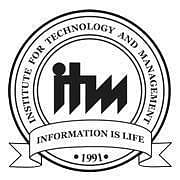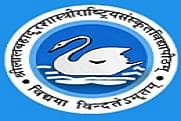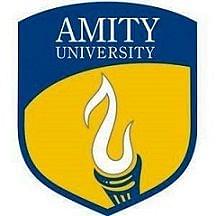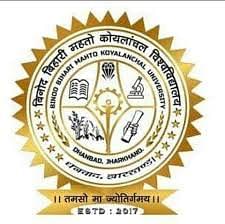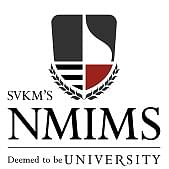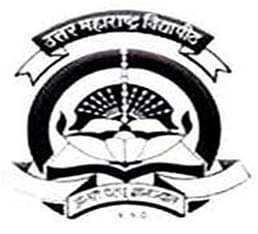Introduction to Ph.D. in Animal Science
A Ph.D. in Animal Science is an advanced research degree focusing on the biology and management
of domestic and wild animals. This program covers areas such as animal
nutrition, genetics, physiology, behavior, and welfare. Graduates of this
program are prepared for careers in academia, research institutions, the
agricultural industry, government agencies, and non-profit organizations
dedicated to animal health and welfare.
Admission Process for Ph.D. in Animal Science
The admission
process for a Ph.D. in Animal Science at top college in Punjab generally includes the following steps:
Prerequisites and
Eligibility:
A Master’s degree
in Animal Science, Veterinary Science, Biology, or a related field.
A strong academic
record, typically with a minimum GPA requirement (often around 3.0-3.5 on a 4.0
scale).
Application
Submission:
Completed
application form.
Official
transcripts from all post-secondary institutions attended.
Letters of
recommendation (usually 2-3) from academic or professional references.
A statement of
purpose outlining research interests, career goals, and reasons for pursuing
the Ph.D.
A current CV or
resume.
Standardized Tests:
Some programs may
require GRE scores, although this requirement is becoming less common.
Writing Sample:
A sample of
academic writing, such as a research paper or thesis, that demonstrates the
applicant’s research skills and knowledge of animal science.
Interview:
Shortlisted
candidates may be invited for an interview, either in-person or online, to
discuss their research interests and fit for the program.
Syllabus for Ph.D. in Animal Science
The syllabus Ph.D. in Animal Science at best university in Punjab varies by institution but typically includes the
following components:
Core Courses:
Advanced Animal
Nutrition: Study of
nutrient requirements and metabolism in animals.
Animal Genetics and
Breeding: Examination of
genetic principles and their application to animal breeding.
Animal Physiology: Exploration of the physiological processes
in animals.
Research Methods
and Statistics: Training in
experimental design, data analysis, and statistical methods used in animal
science research.
Specialized
Electives:
Reproductive
Physiology: Study of the
reproductive systems and processes in animals.
Animal Behavior and
Welfare: Examination of
animal behavior and principles of animal welfare.
Livestock
Production Systems:
Analysis of production systems for various livestock species.
Animal Health and
Disease: Study of diseases
affecting animals and strategies for their prevention and control.
Fieldwork and
Laboratory Research:
Field Techniques: Practical training in field research
methods relevant to animal science.
Laboratory
Techniques: Hands-on
experience with laboratory equipment and techniques used in animal science
research.
Research and
Dissertation:
Dissertation
Research: Conducting
original research under the guidance of a faculty advisor, culminating in a
doctoral dissertation.
Research Seminars: Participation in seminars to present
research findings and engage with current literature in animal science at top university Punjab.
Teaching and
Professional Development:
Teaching Practicum: Gaining experience in teaching
undergraduate or graduate courses.
Professional Development Workshops: Training in grant writing, academic
publishing, and other





